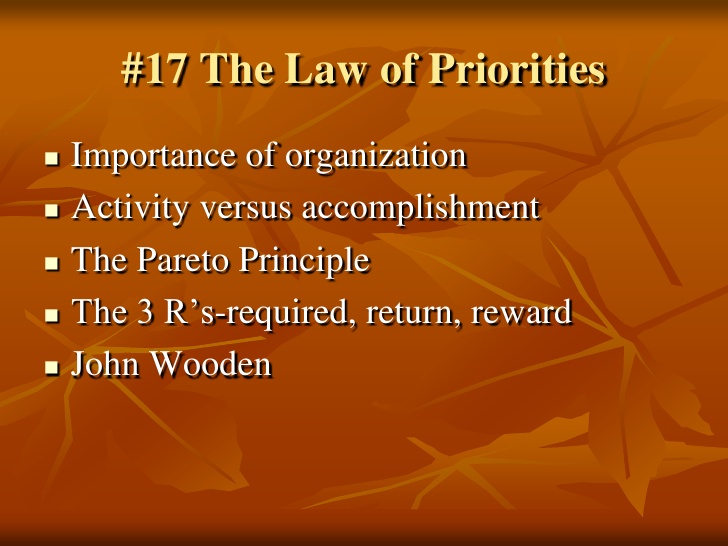Click here to return to Blog Post Intro
Maybe you’re like Peter—he began full of passion, but lacked direction. The good news is that you have half the equation. The bad news is that if you don’t know where you’re going, you’ll end up spinning your wheels—or worse, you could spend years in the wrong direction.
The equation looks like this:
Great Passion + Clear Mission = Focused Action
In Acts 6, the Grecian Jews came to Peter to voice their complaints. Peter recognized he could further his mission by meeting their needs. But he also understood that God called him to focus on the people’s deepest need—to hear the truth of God’s Word. Instead of trying to do it all himself, he delegated the task of addressing the people’s needs to seven other competent men. As a result, the church met both needs.
We can learn from Peter’s situation to remain focused on priorities while seeing the big picture. Peter demonstrated that focused leaders:
1. Determine the validity of the need.
Peter knew the church could lose momentum (remember the Law of the Big Mo?) if it didn’t meet the Grecian Jews’ request. Rather than trying to meet the need himself (as many leaders do), he figured out another way to meet it.
How do you react when you’re presented with a need? Do you stop what you’re doing and immediately try to take care of it? Do you nod your head as if you’re interested but push it to the side and forget about it? Or, like Peter, do you step back, look at the big picture, and determine appropriate action according to your priorities?
2. Look for a leadership opportunity.
Even when a valid need doesn’t fit your priorities, it may provide a learning opportunity for one of your team members. Peter quickly recognized that he needed to continue teaching rather than hand out food. But he also recognized an opportunity to develop some emerging leaders.
Are people one of your top priorities? Before you put something on a back burner, evaluate whether it fits the responsibilities of one of your team members. Out of This World Leaders focus on only a few things; they trust their team members to do the rest.
3. Delegate the task to competent people.
Leaders use delegation as a tool, taking their efficiency to a whole new level. Peter and his disciples carefully chose a team of seven whom they deemed mature and capable to carry out the task.
It’s always your responsibility to delegate to the right people. There’s nothing worse than having to revisit a need because you assigned an incompetent person to the job. Before you delegate, make sure you know your team member’s skills and abilities.
4. Publicly confirm and commission their people.
Peter and the disciples set up their team for success. They not only made sure the seven men could meet the need, but also presented them to the people as worthy leaders. In doing so, they built trust and confidence in the men.
Is it more important to you to get things done or to get things done right? Many leaders hurriedly delegate a task to check it off their to-do list. They look at delegation as a way to decrease distraction instead of a way to increase effectiveness. But Out of This World Leaders understand that their effectiveness depends on their team members’ success. Therefore, they make it a priority to help them succeed.
Like all leaders, Peter understood the difference between activity and accomplishment. He viewed a need through the biggest lens first—his overall mission. Then, he zoomed in on what needed to be done—first by him, then by others. As a result, Scripture says the number of Christians continually increased under his leadership. Now that’s an example we should all follow…


